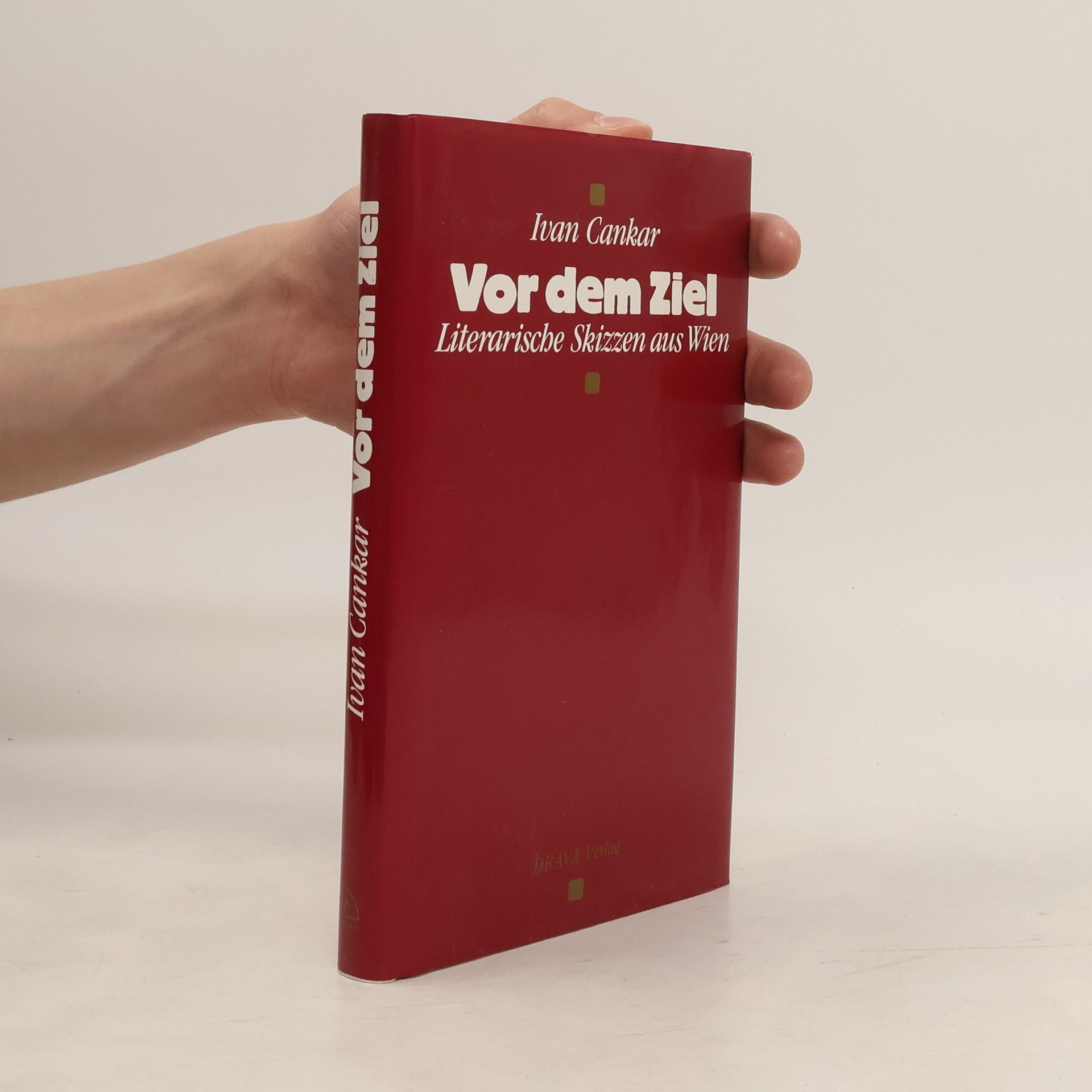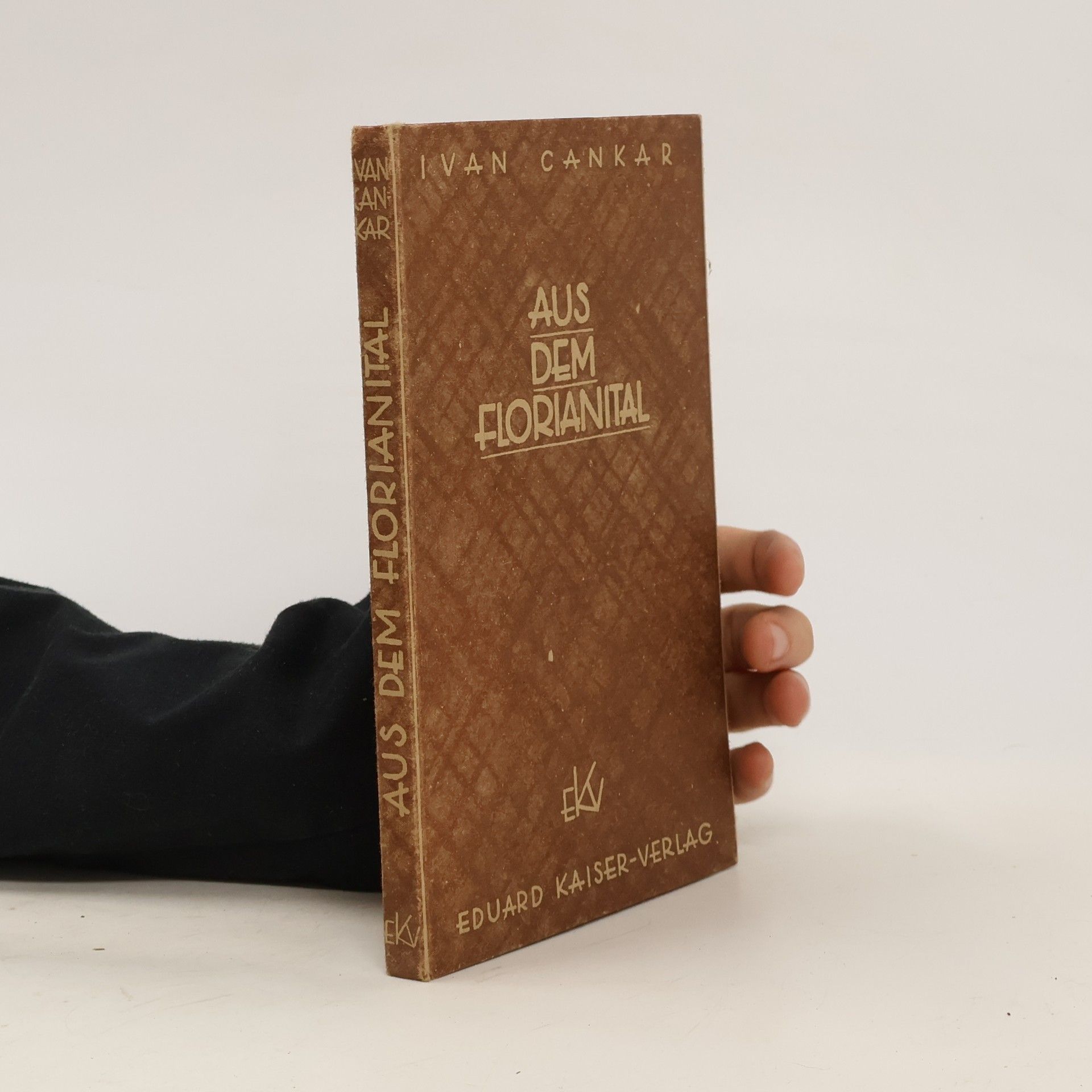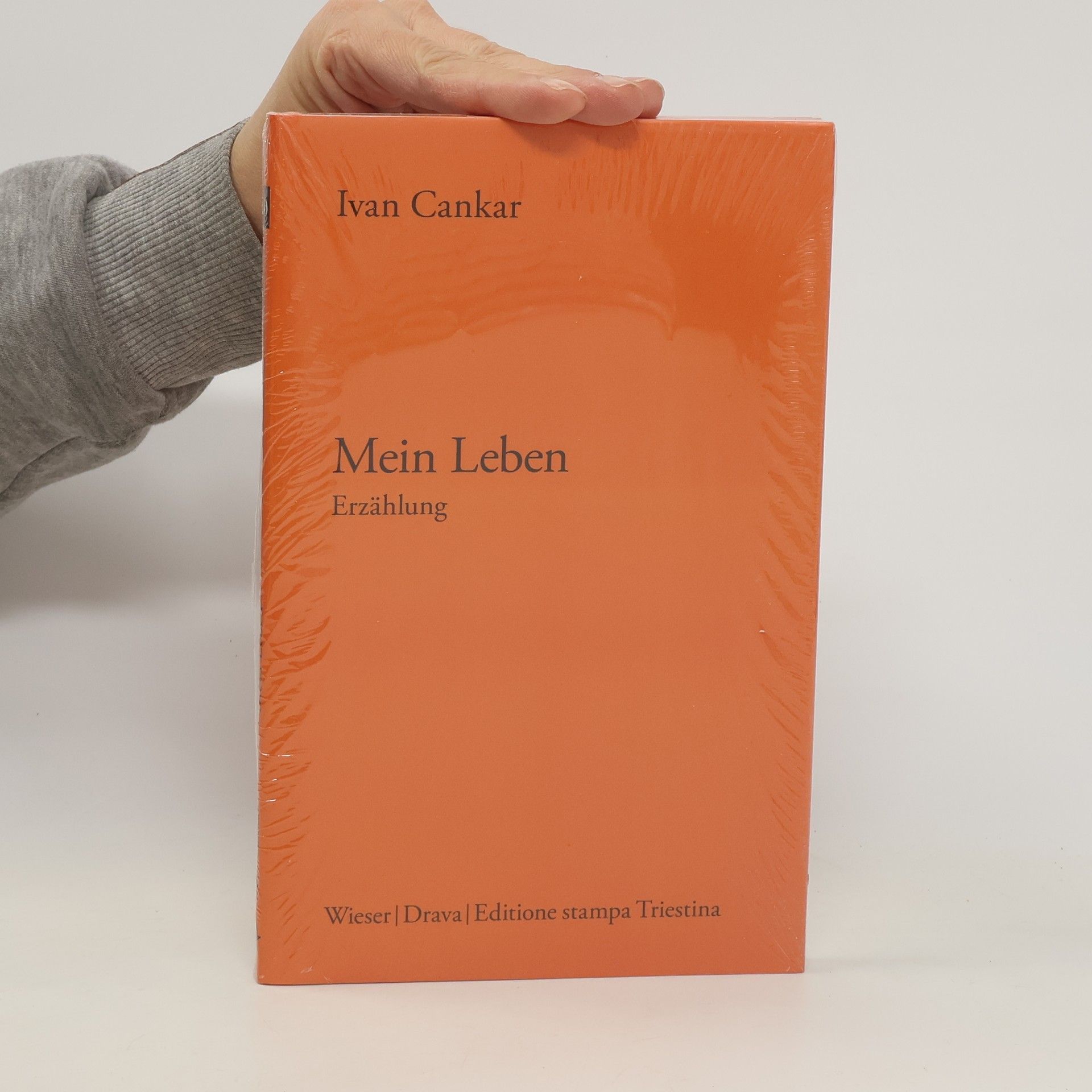Cyklus psychologických črt a meditací Vidiny, inspirovaný ovzduším první světové války, kde autor věští slovinskému národu i celému lidstvu lepší čas.
Cankar Ivan Livres
10 mai 1876 – 11 décembre 1918

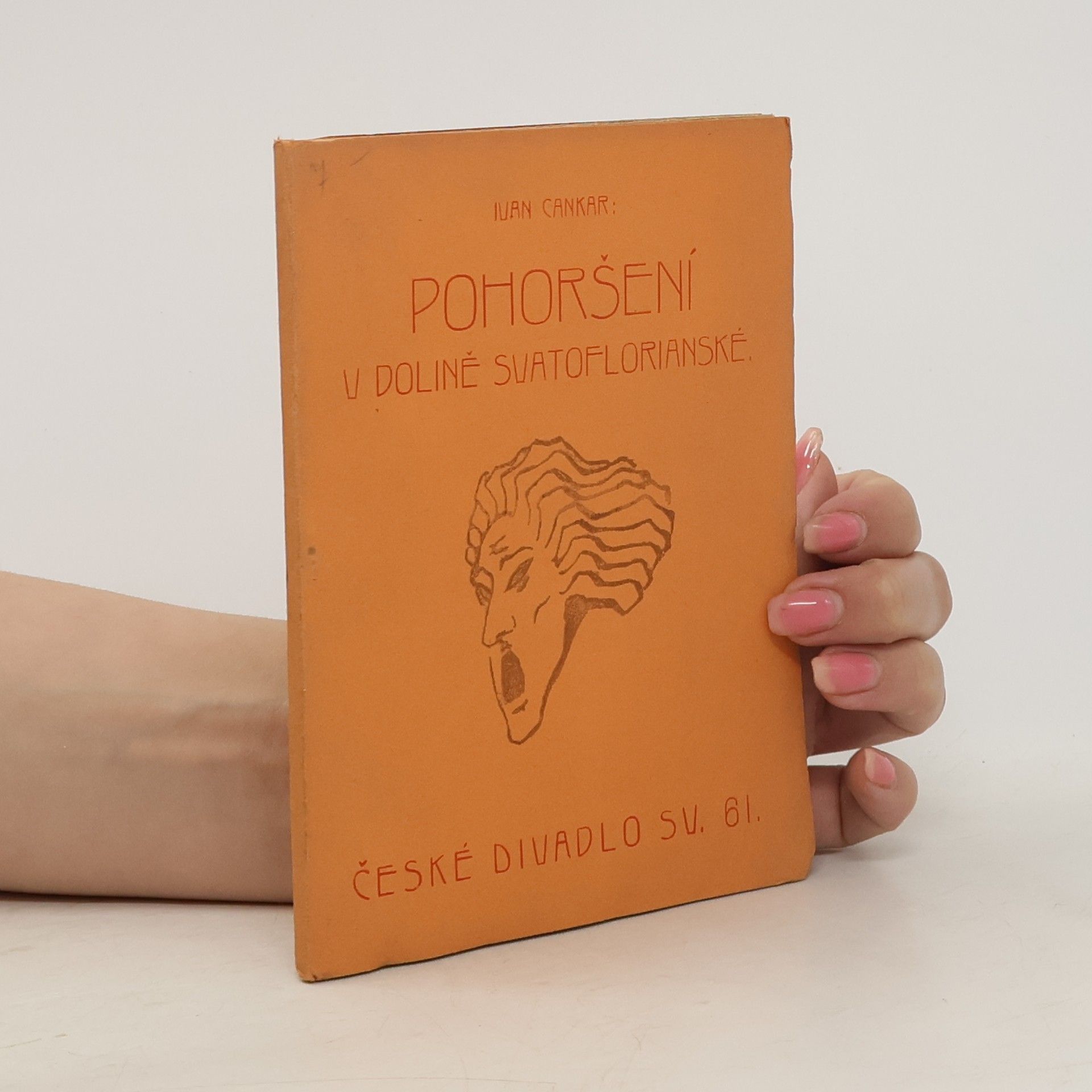
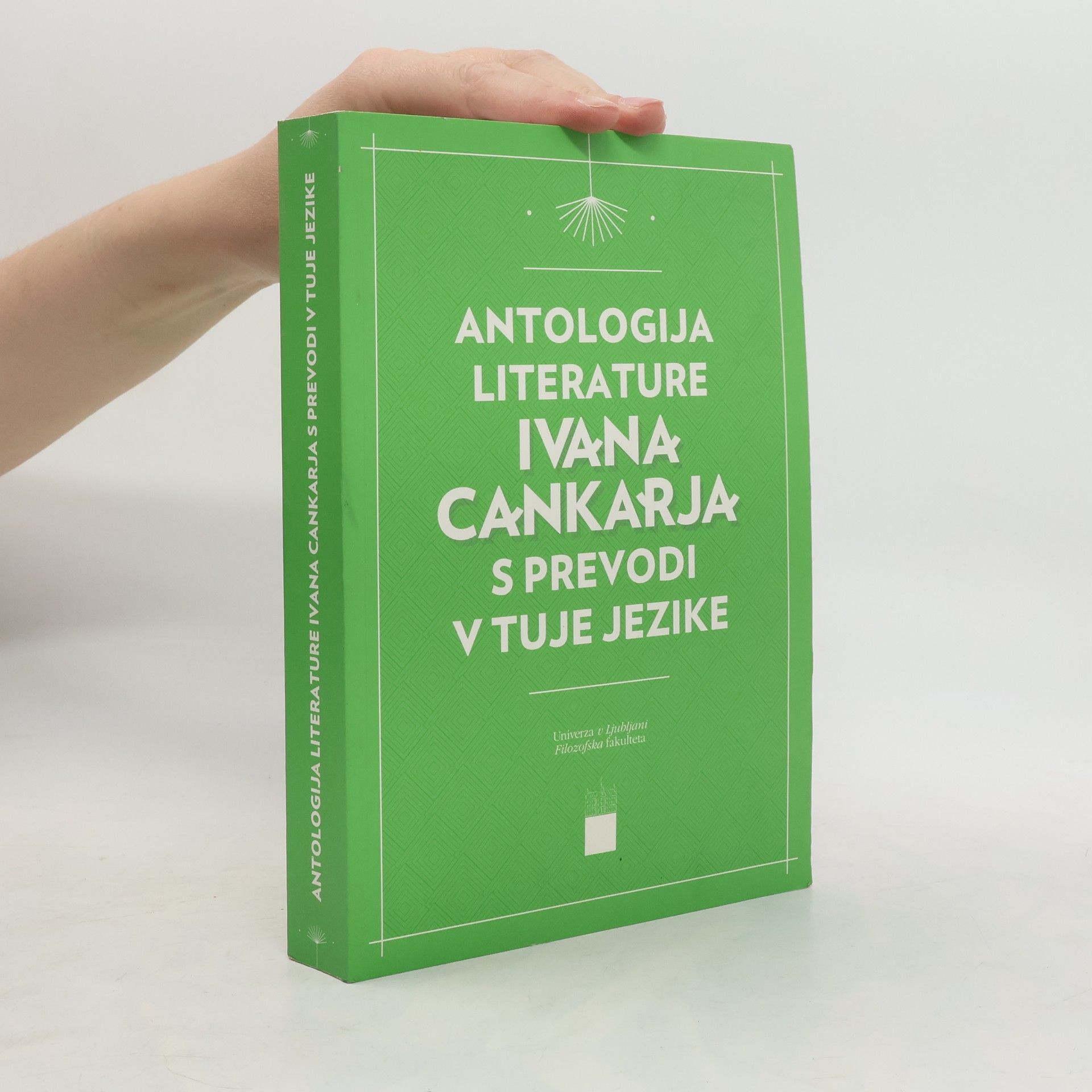
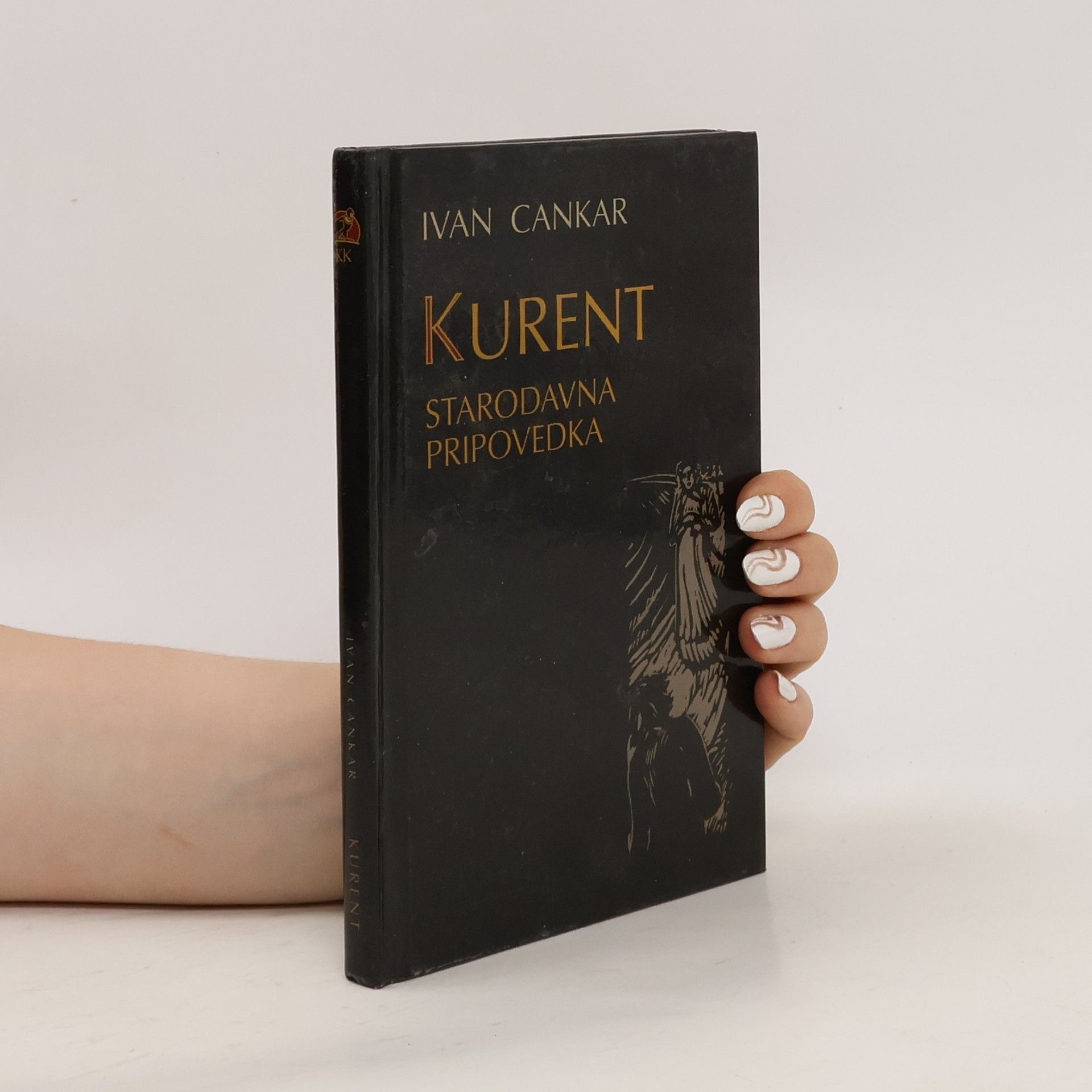
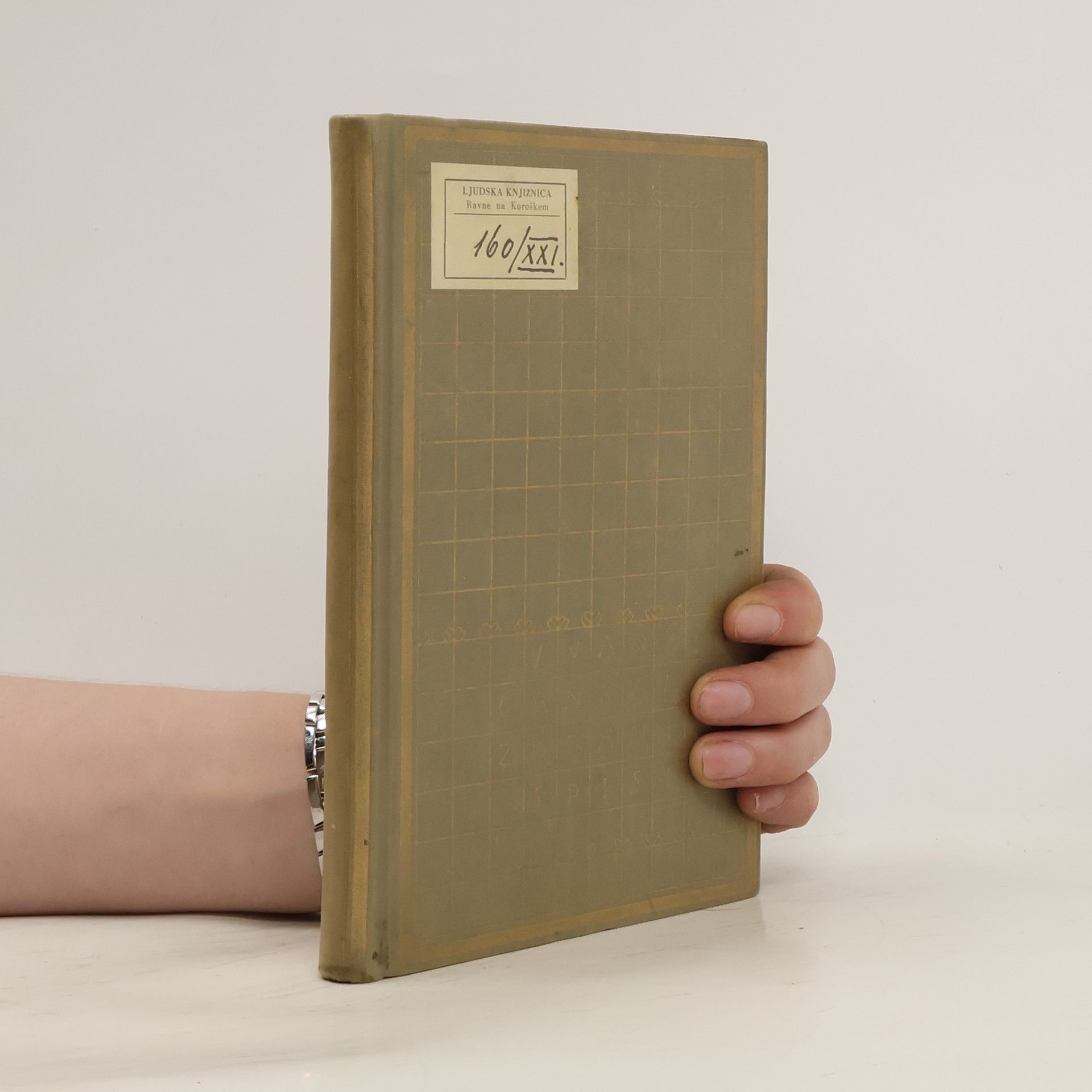
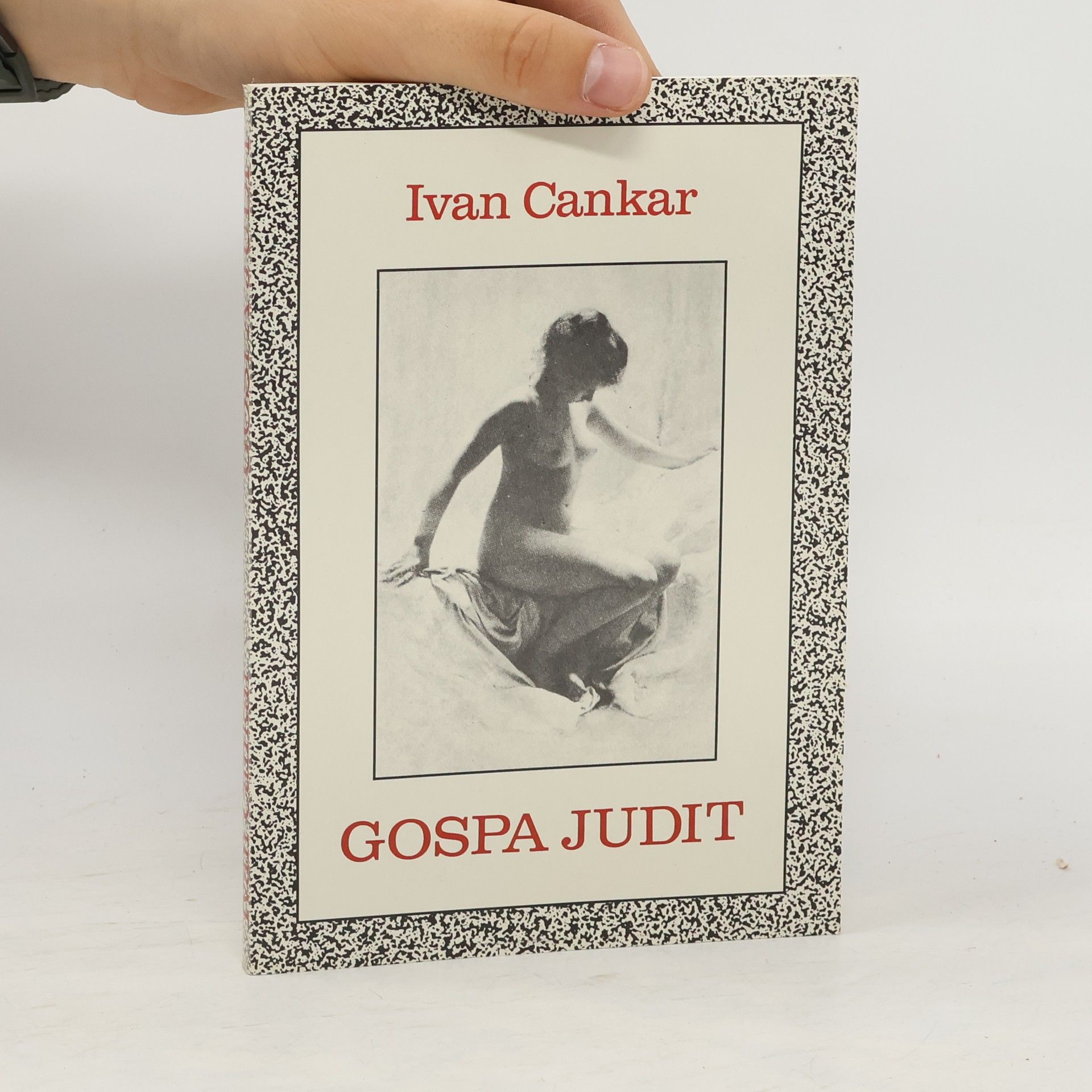
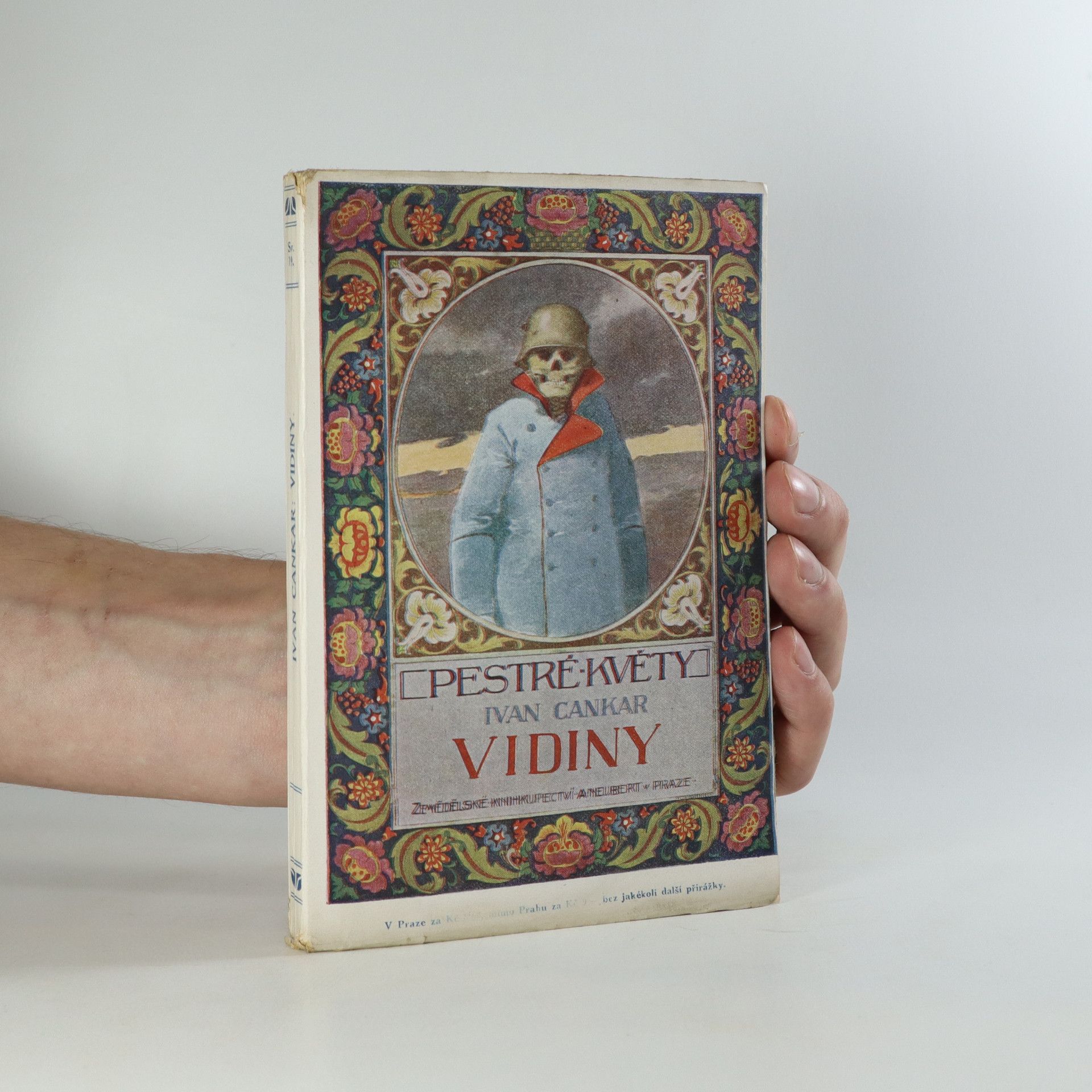
Dostavki
Črtice in novele (1892-1918); Kritike, polemike in govori (1893-1918)
Kurent
Starodavna pripovedka
Antologija literature Ivana Cankarja s prevodi v tuje jezike
Projekt Svetovni dnevi Ivana Cankarja
- 540pages
- 19 heures de lecture
Jede Jugendzeit ist von Glück und Frohsinn, von strahlendem Sonnenschein und übermütigem Lachen erfüllt. Blickt man in späteren Jahren, in trüben Stunden, fremd und kühl auf jene Zeit zurück, dann erscheint sie vielleicht weniger heiter - ja sie gleich dann sogar einem Kelch voll ungerechter Quall, voll allzufrüher Erkenntnis. Und doch ist es schwer, sie in diesem Licht zu sehen. Der Nebelvorhang teilt sich, löst sich auf, und wieder lacht eine junge Sonne, die alle Liebe, alle Dankbarkeit verdient. Die Süße des Erinnerns ist wie ein Lied; ein Seufzer hebt die Brust, ein sanftes Lächeln verklärt Mund und Augen.
